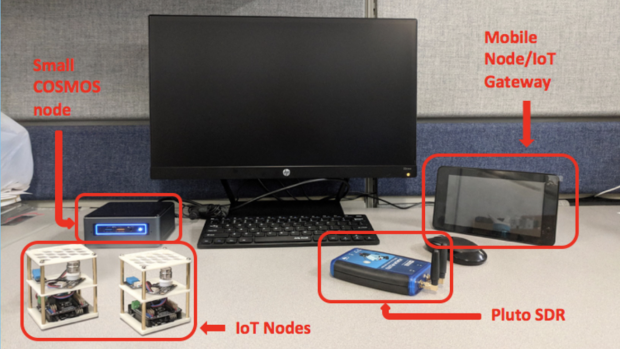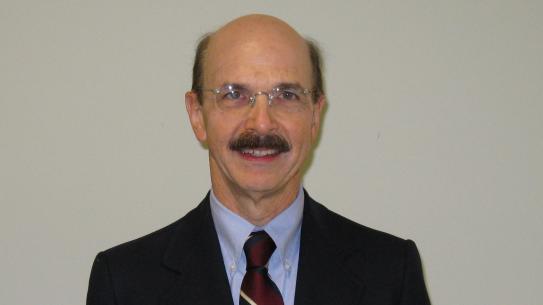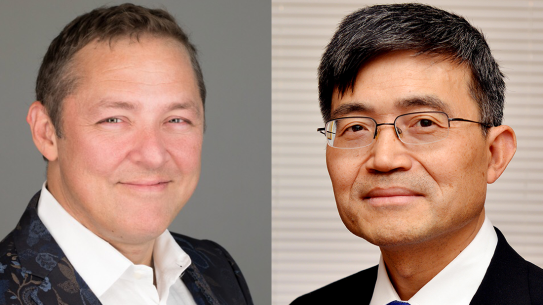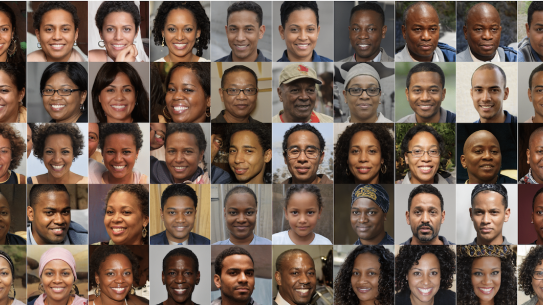Transforming Middle School Education with Tech
When Verizon Puts Out a Call for Innovative, Cutting-Edge Education Technologies, Tandon Answers

The 5G COVET will be based upon the successful COSMOS Educational Toolkit, developed by a team from NYU Tandon and Columbia, which has been providing 5G wireless technology research experiences to New York City’s middle school teachers and students.
Themed “escape rooms” are becoming increasingly popular today, as groups of all ages and skill levels gather to solve a series of puzzles and riddles that will allow them to use their wits to get out of thorny (but, luckily, simulated) situations: a space ship hurtling towards a hostile planet, a submarine running out of oxygen, or a nuclear power plant nearing meltdown.
A team from NYU Tandon, along with colleagues from Columbia, is now developing a set of virtual educational labs, each forming a virtual-reality space that students will visit — moving from room to room — similar to those popular escape-rooms experiences.
They are doing so with the help of a $100,000 prize garnered in the Verizon 5G EdTech Challenge — a competition aimed at finding ways to use wireless technology to transform middle school education, particularly in underserved areas bearing the brunt of the “digital divide,” the gap between those who have easy access to computers and the Internet and those who do not, generally because of socioeconomic factors.
Team members have already been engaged in providing 5G wireless technology research experiences to New York City’s middle school teachers and students through their COSMOS Educational Toolkit, which outlines almost 50 experiments geared to preparing a 21st-century workforce adept at such topics as network routing and data analysis.
Their new project, dubbed 5G COVET (5G COsmos Verizon Education Toolkit), will be developed and tested in the 5G environment during the spring of 2019 and potentially pilot tested at select middle schools by the end of the year. The developers expect that requiring the students to work collaboratively to “escape” will have the added benefit of setting the groundwork for active learning and the development of social skills.
The team is led by Thanasis Korakis, a research assistant professor in Tandon’s Department of Electrical and Computer Engineering, and includes Sheila Borges Rajguru, assistant director of Tandon’s Center for K12 STEM Education, which has long been known for creating and executed innovative programs in the STEM (Science, Technology, Engineering, and Math) disciplines to New York City teachers and students.
Korakis has been involved in working with the National Science Foundation-funded COSMOS project, which develops a next-generation wireless testbed in New York City that will allow U.S. researchers to find new ways of boosting Internet speeds to support data-intensive applications in robotics, immersive virtual reality and traffic safety, among other areas. “As university professors, we’re accustomed to educating undergraduate and graduate students, but we can’t ignore the K12 students who may one day be studying with us if their interest in STEM is piqued early,” he says. “One of our most important goals is to use the COSMOS testbed, which is a very sophisticated and valuable resource, not only for academic research but as an educational tool that will benefit New Yorkers of all ages.” He continued, “Thanks to the existence of the testbed right here in the city and Verizon’s help in providing public schools with 5G connectivity, we’ll be able to provide a high-quality, immersive educational experience that could spark the imagination of the world’s future scientists, technologists, engineers, and mathematicians.”
“Because Verizon’s Challenge is focused on the intersection of social impact, emerging technology, and the innovation ecosystem, it’s a natural fit for us here at Tandon,” Borges Rajguru says. “We are proud to have been chosen as one of only ten teams from across the country, based on the educational impact we can make in New York City and beyond and our technical potential to scale in 5G environment, and we’re looking forward to working with Verizon to ignite interest in STEM, encourage young minds, and address the digital divide.”
Listen to Sheila Borges Rajguru talk about the COSMOS education toolkit:





